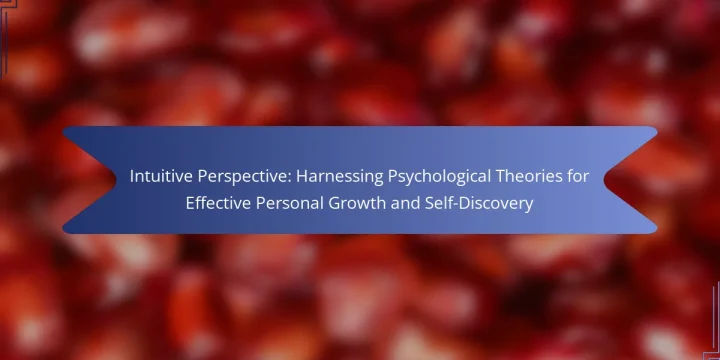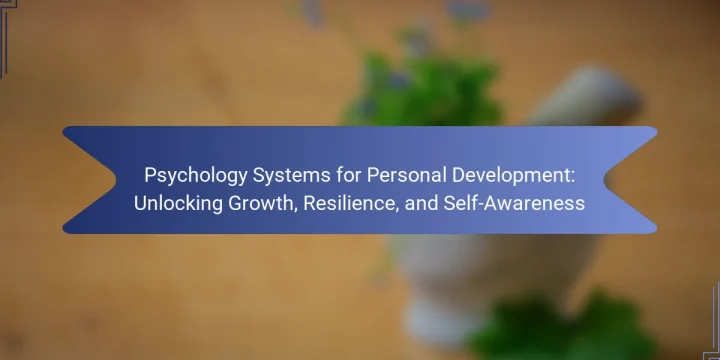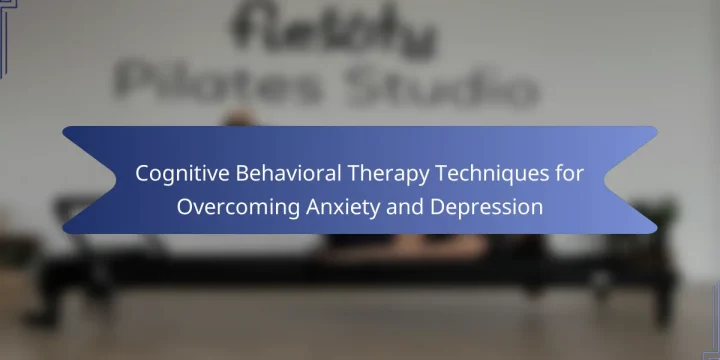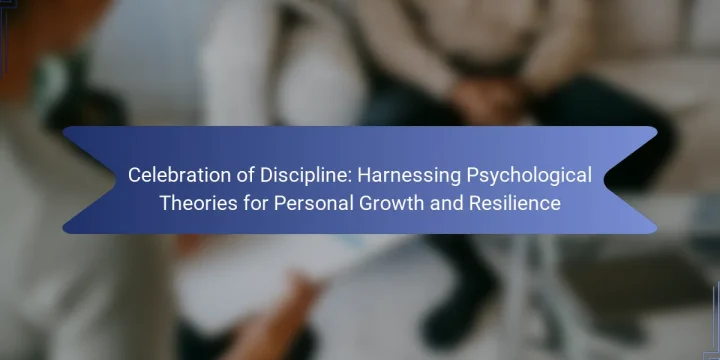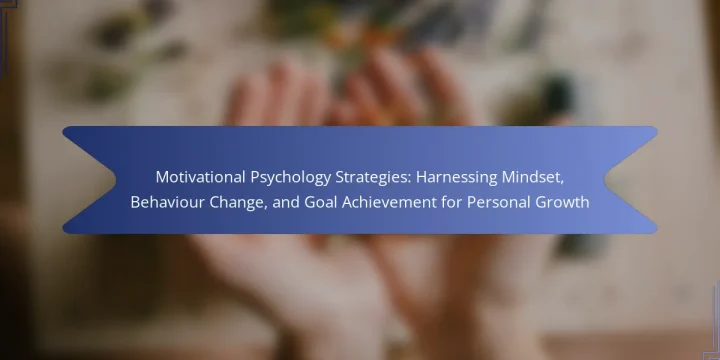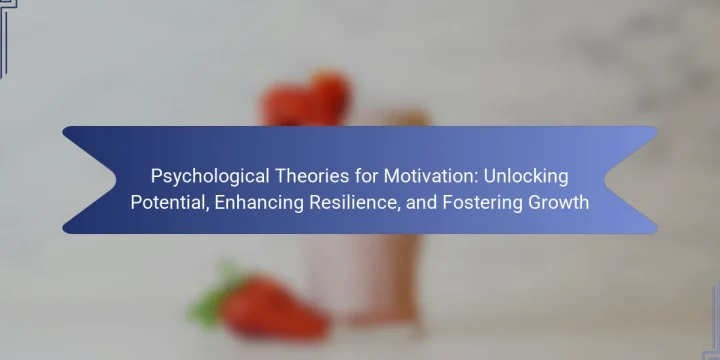
Understanding psychological theories for motivation can unlock potential, enhance resilience, and foster growth. Key frameworks like Maslow's Hierarchy of Needs, Self-Determination Theory, and Expectancy Theory provide insights into how needs and intrinsic motivation influence behaviour. These theories emphasize the importance of fulfilling basic needs, the role of autonomy, and the impact of expected outcomes on motivation. By applying these principles, individuals can effectively pursue personal development and achieve their goals. What are the foundational psychological theories for motivation? Psychological theories for motivation include Maslow's Hierarchy of Needs, Self-Determination Theory, and Expectancy Theory. These frameworks highlight how needs, intrinsic motivation, and expected outcomes drive human behaviour. Maslow's Hierarchy of Needs categorises motivation into five levels: physiological, safety, love/belonging, esteem, and self-actualisation. This model illustrates how individuals prioritise needs, influencing their motivation…
